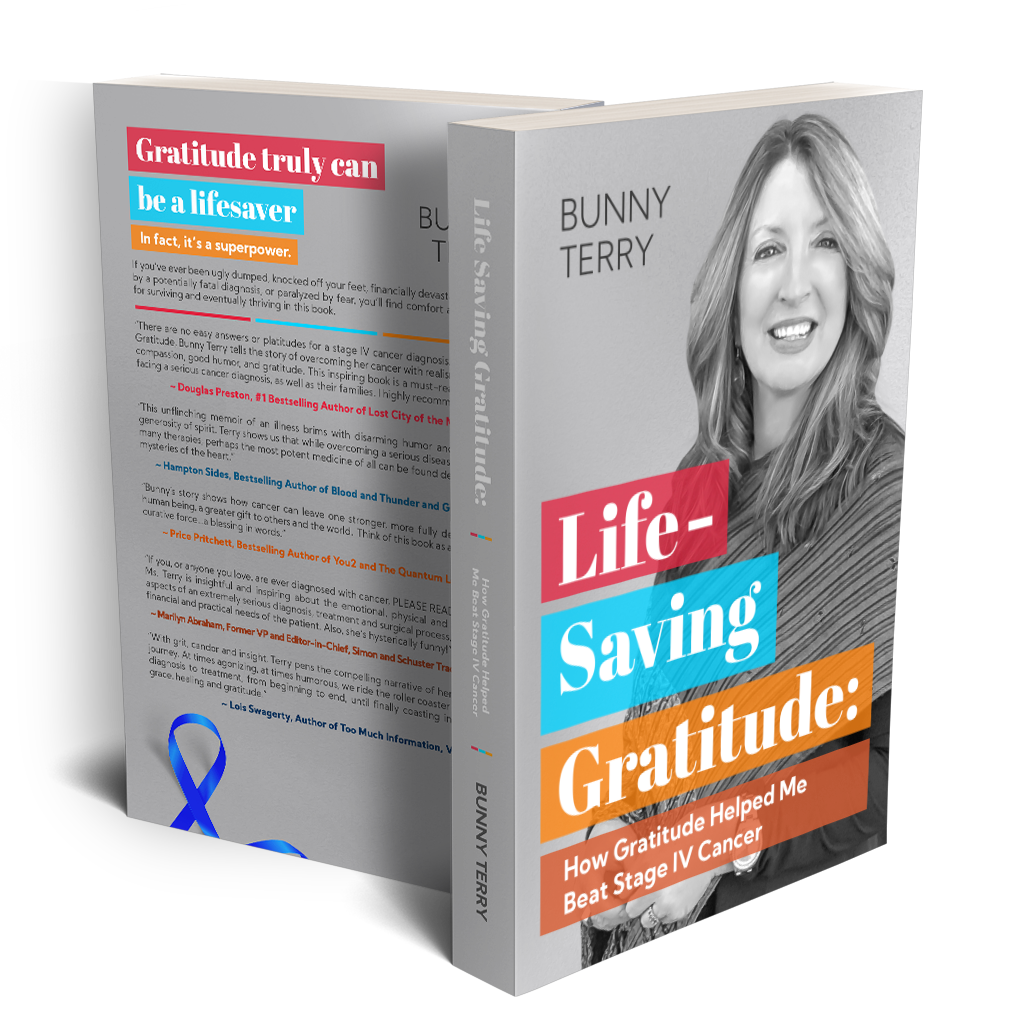Bad stuff happens. All the time. The roof leaks. The car breaks down. The deal falls through two days before closing. Jobs are lost. Spouses fight.
Bad things happen all the time, frequently to the best people we know. Sometimes to us. More often than we’d like.
And then there are the big bad things, where someone’s child gets the juvenile diabetes diagnosis, a parent degenerates into dementia, the spouse cheats, the lump isn’t benign. Someone we love dies.
Our hearts are frequently broken by loss and fear. You can probably count five people you’ve heard from this month alone who have had bad news of the worst sort. It’s a universal occurrence.
If you’re the one who gets the bad diagnosis, like I was, your heart is less broken by the event, which in my case was the cancer, and more by what it means for your family and your livelihood. When the doctor says, “You have stage IV cancer,” and you know there isn’t a stage V, it’s frequently not the cancer itself that is so fearful as it is how this will affect the people you love.
But in addition to the worry about my family, I had a lot of concern about the material things, about how I would keep working, how I would pay for treatment until my insurance kicked in (yes, I didn’t have health insurance at the time of my diagnosis), how I would keep the proverbial boat afloat. I thought a lot of selfish thoughts about money. Like why I had to pay for a Pet scan instead of buying a new pair of boots.
Don’t get me wrong. Cancer creates fear. The unknown, the potential pain, the ongoing questions about survival vs. death, even whether you’ll keep your hair – those are all fear inducing.
I’m just telling you that, for me, the fear was more about how all our lives would be turned upside down, how much it would worry my elderly parents, and how my grown but still young adult children would handle it. It brought their needs into sharp relief.
And there were those damn boots I was passing up.
So, what’s the best thing about the worst times?
It’s a cliché because it’s true: They really do make you stronger. (Cue Kelly Clarkson here if you need a bit of a pick me up!)
I read once that humans don’t remain in the midst of bad news for long, that we are wired to move quickly into survival mode. If I could find the article to reference, I would. But I don’t need an article to quote to tell you the truth about myself.
My worst time, which happened in November 2012, when I sat in that hospital room thinking I might have appendicitis and instead was diagnosed with stage IV colon cancer, made me stronger. It made me better.
It made me more aware of the people I loved the most.
It made me grateful for my strong body, the same body I had cursed six months before for being too heavy, three months before for being too old, a few days before for being too wrinkled. I suddenly loved that body. I wanted to keep it for a long time.
It made me grateful for my circle of support. I learned, in the words of my son, that my support system was far deeper than I could ever fall.
And I quickly moved from thinking about the damn boots into thinking about surviving. I didn’t get stuck in my diagnosis as much as you might imagine.
There’s nothing magical about me. I’m just like a thousand other people you know. Bad things happen to me. But like almost everyone else you know, I continue to move forward.
John Maxwell (at least I think it was him) said once, “It’s not failure unless you stop.”
The best thing about the worst time Is that you don’t have to stay there. You can and will move forward. And I can guarantee you that you probably won’t.



 Bunny Terry is a native New Mexican who grew up on a farm in northeastern New Mexico. Her first writing job was typing stories on index cards on her family’s Underwood, stories that were uncannily like the ones she read over and over in O Ye’ Jigs and Julips, her favorite childhood book. No one thought to save those index cards for posterity, although there is the theory sarcastically circulated by her siblings that they will certainly be worth millions someday.
Bunny Terry is a native New Mexican who grew up on a farm in northeastern New Mexico. Her first writing job was typing stories on index cards on her family’s Underwood, stories that were uncannily like the ones she read over and over in O Ye’ Jigs and Julips, her favorite childhood book. No one thought to save those index cards for posterity, although there is the theory sarcastically circulated by her siblings that they will certainly be worth millions someday. 